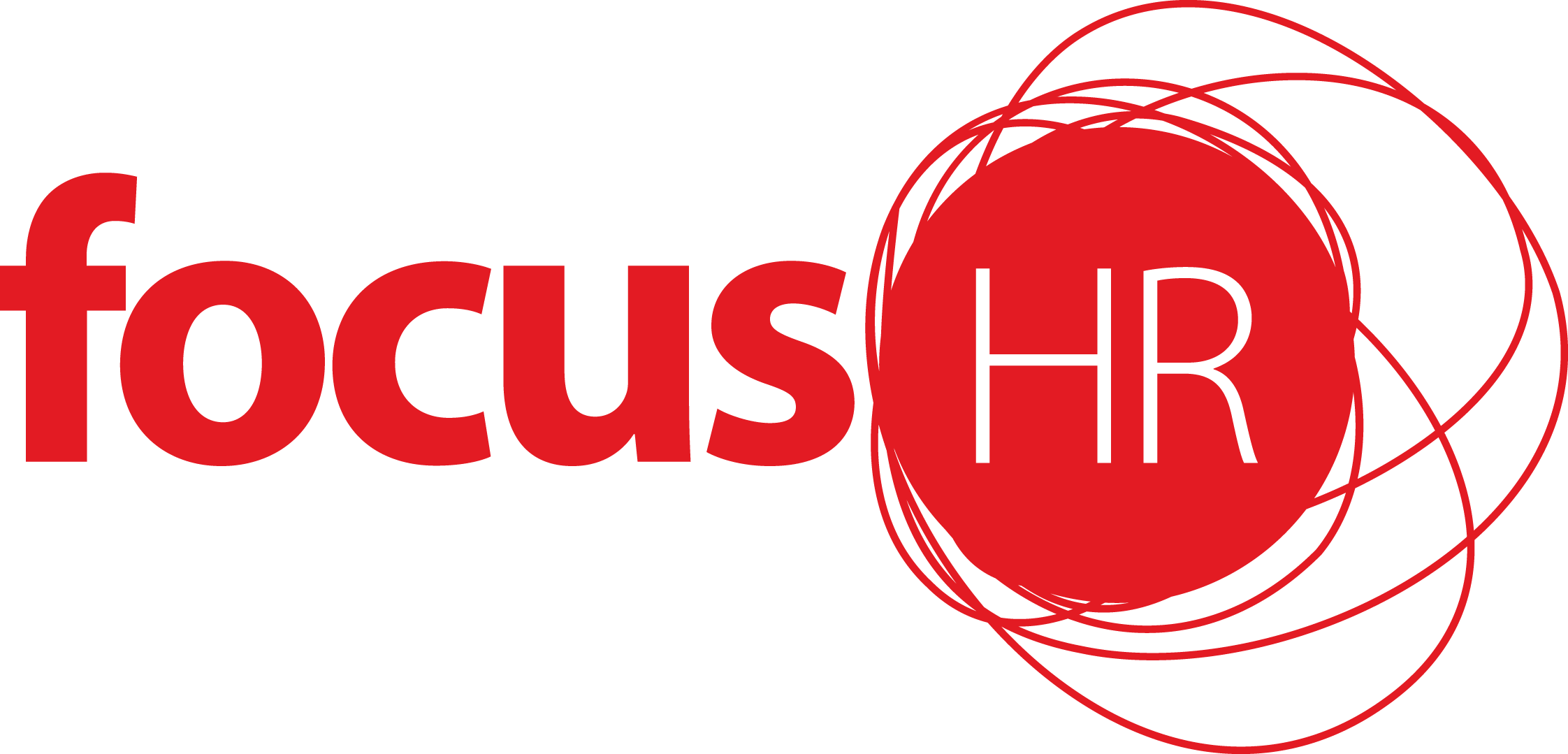Employee induction and onboarding are crucial stages in an organisation’s journey towards building a successful and motivated workforce.
These processes go beyond routine introductions and standarised tick box exercises; they lay the foundation for long-term employee engagement, development, and retention.
A well-crafted induction and onboarding program not only helps employees settle into their new roles, but also instils a sense of belonging and excitement about contributing to the organisation’s mission and wider plans.
At its core, a successful onboarding process aligns with the philosophy of fostering growth, providing clarity, and empowering employees to thrive. It focuses on ensuring that each new hire feels supported, equipped with the right tools, and is clear about how their work contributes to the broader organisational goals.
The thinking behind effective induction and onboarding
An effective induction and onboarding experience is rooted in the belief that every new employee is a valuable asset who deserves the opportunity to succeed. This thinking is based on a few key principles:
1. Clarity and understanding: Providing clear expectations and understanding of the company’s values, culture, and goals from day one helps employees integrate more easily. This clarity allows them to understand not just their role, but also how they contribute to the organisation’s bigger picture.
2. Personalisation: Every employee is different, and their onboarding experience should reflect that. By personalising the induction process, organisations can create a tailored approach that meets individual needs, learning styles, and career aspirations.
3. Continuous support: Onboarding is not a one-time event but a process that spans the initial stages of employment. Continuous support, feedback, and resources ensure that employees feel connected and have the necessary tools to succeed in their roles.
4. Empowerment and engagement: When employees feel empowered and engaged, they are more likely to remain motivated and committed to their work. Providing autonomy, growth opportunities, and fostering open communication contribute to a more engaged workforce.
5. Cultural integration: Beyond functional tasks, effective onboarding helps new employees embrace the organisation’s culture. A strong cultural integration enables employees to understand the company’s vision and work together toward shared objectives.
6 tips for a successful induction and onboarding program
To ensure that new hires feel welcomed, informed, and excited to start their journey, the induction and onboarding process should include the following key components:
1. Pre-boarding
Pre-boarding begins before the first day on the job and ensures a smooth transition into the organisation. This includes sending welcome emails, providing access to resources and setting expectations for what the first few days or weeks will look like. Pre-boarding builds anticipation and reduces first-day anxiety.
2. Welcome and introduction
Their first day is critical for setting the tone. A welcoming environment helps new employees feel at ease. Personalised introductions to team members, a tour of the workspace (whether physical or virtual), and a formal orientation to the company’s mission, vision, and values help create a strong initial connection to the organisation.
3. Role clarity and expectations
Employees need to understand not only their immediate tasks but also their role in achieving the company’s broader goals. This stage involves clear communication about job responsibilities, performance expectations, and how the role contributes to the company’s success.
4. Training and development
Training and development should be an ongoing part of the onboarding process. This includes technical training, software tutorials, and any other tools the employee needs to succeed. It should also include soft skills development, such as communication, leadership, and collaboration. The goal is to ensure the employee feels confident in their abilities and is set up for success.
5. Cultural immersion
Cultural immersion plays a vital role in helping employees feel like they are part of the organisation. It’s not just about learning the values and mission of the company, but also about understanding the social and collaborative dynamics of the workplace. Encouraging participation in company events, team-building activities, or mentoring programs can significantly enhance cultural integration.
6. Feedback and continuous improvement
Providing regular feedback is crucial for new employees to understand their strengths and areas for improvement. Similarly, an effective onboarding process includes gathering feedback from employees on their experience. This feedback loop allows the organisation to refine and enhance the onboarding process for future hires.
Onboarding should not be a static process, but rather an evolving journey that continues even after the first few weeks or months. An ongoing commitment to employee growth and engagement can be facilitated by:
- Regular check-ins: Scheduled follow-ups with managers or HR teams help to ensure that employees feel supported in their roles and have the opportunity to address any challenges early on.
- Clear career pathing: Providing opportunities for growth and showing how employees can advance in their careers within the company motivates them to invest in their role.
- Recognition and reward: Recognising and rewarding achievements, whether big or small, can create a positive reinforcement loop that fosters employee satisfaction.
A well-executed induction and onboarding program does more than just help new employees learn the ropes; it sets the stage for a successful and fulfilling career within the organisation.
By aligning onboarding with the principles of clarity, personalisation, continuous support, empowerment, and cultural integration, companies can foster an environment where employees feel motivated, connected, and valued.
This thoughtful approach not only enhances productivity but also boosts retention and overall job satisfaction, ultimately leading to a thriving workforce that drives the organisation’s success.
At Focus HR, we can support businesses to develop an onboarding and induction process that ensures every new hire has a positive and effective experience. Our comprehensive package includes all the tools and resources you need to onboard your employees successfully.
Along with the tools, we offer a half-day group workshop to help businesses further tailor their onboarding processes. These workshops are a valuable opportunity to collaborate with others and learn best practices for creating an impactful onboarding experience.
Our next group workshop is Thursday, July 3, 2025. If you prefer a more personal approach, we also offer individual workshops upon request.
With Focus HR’s expertise and tailored approach, you can ensure that you are giving your new hires an effective onboarding process that sets them—and your business—up for success.
Register for our upcoming Induction and Onboarding Workshop on 3 July! Or to find out more, reach out to People & Culture Consultant Rikki Gainey.

